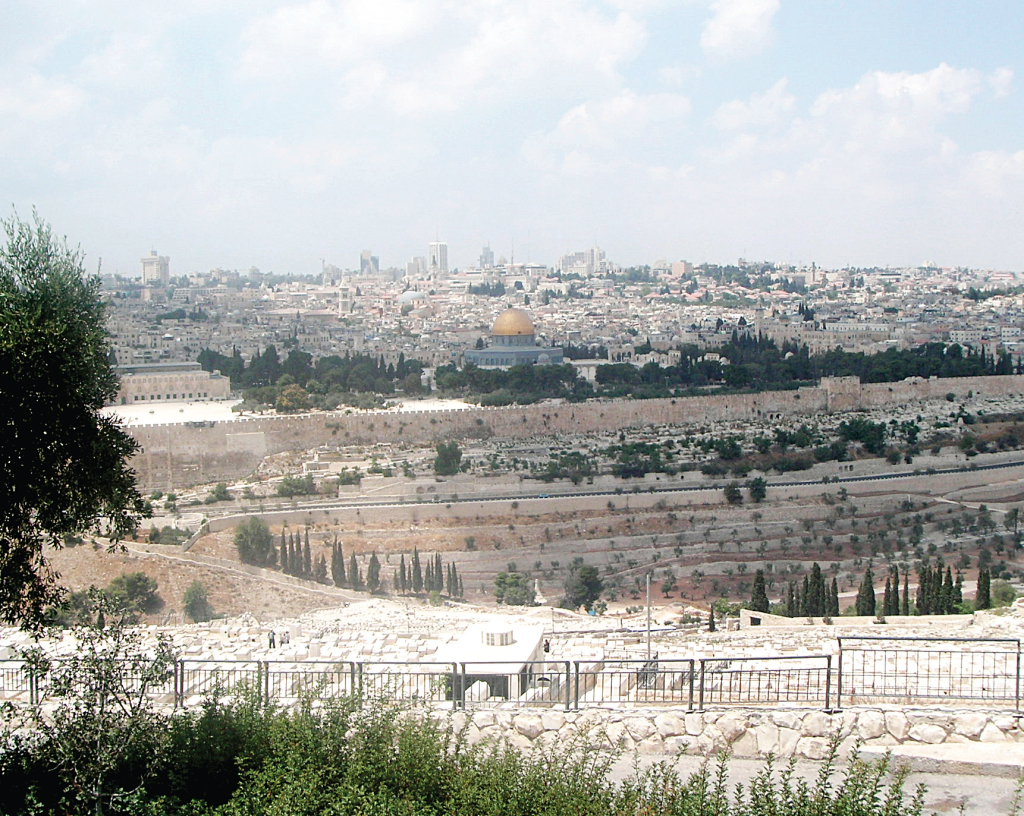Universality of the “Message” conveyed by Muhammad
Muslims believe that Muhammad received the same Message that was given to Abraham, Moses, Jesus and other prophets but his mission was universal. He was entrusted to correct people’s beliefs, bring them back to the true faith and teach them good deeds.
“And We have not sent you but as a mercy to the worlds”
Quran, 21:107
Muhammad’s Letter to the Roman Emperor
Muhammad sent letters to the rulers and kings of neighboring countries and superpowers such as Persia, Byzantine and Egypt calling them to accept Islam as “the Message of God”. When Heraclius King of Byzantine received Muhammad’s letter, he invited Abu-Sufyan (one of the main chiefs and tradesmen of Makkah who was by chance doing business in that area) to attend him. Heraclius asked Abu-Sufyan a few questions and requested him to be honest.

| Heraclius | Which social class of the society does Muhammad come from? |
| Abu-Sufyan | He comes from a noble family in Makkah. |
| Heraclius | Did he ever betray, break a promise or lie? |
| Abu-Sufyan | No. |
| Heraclius | How about his followers, are they increasing or decreasing? And have any of his followers quit because he was not pleased with Muhammad? |
| Abu-Sufyan | In fact, Muhammad’s followers admired him. They were increasing in number. |
| Heraclius | Then what does Muhammad teach his followers? |
| Abu-Sufyan | Belief in One God and social justice. |
Heraclius thought for a while, then he said: “If what you told me is true, then Muhammad will be able to inherit my kingdom”.

Emperor Heraclius ruled the Roman Empire from 610 to 640 CE. During that time he conducted three military campaigns and defeated the Persian Empire and regained Syria, Palestine and Egypt. In year 636 CE Islam reached Palestine, Syria, Egypt and most of Northern Africa. In the year 642 CE Islam reached Persia.
Islam, a universal religion
Currently Islam is the second largest religion in the world after Christianity. A comprehensive demographic study of more than 200 countries finds that there are 1.57 billion Muslims of all ages living in the world today, representing 23% of an estimated 2015 world population of 6.8 billion (Pew Forum on Religion & Public Life 2015).
Not all Muslims are Arabs
Arab Muslims constitute less than one fourth of the total number of Muslims in the world.

There are approximately 2.1 billion Christians in the world representing 32% of world’s population and 1.1 billion non religious / atheist people in the world (15% of world’s population). Judaism represents 0.22% of world’s population (approx. 14 million people).